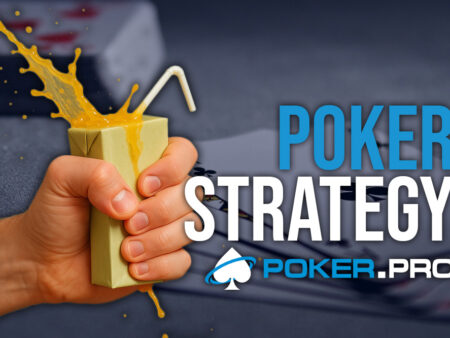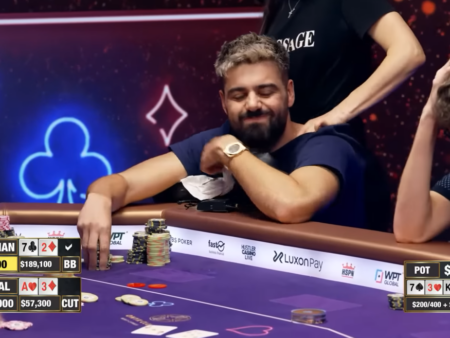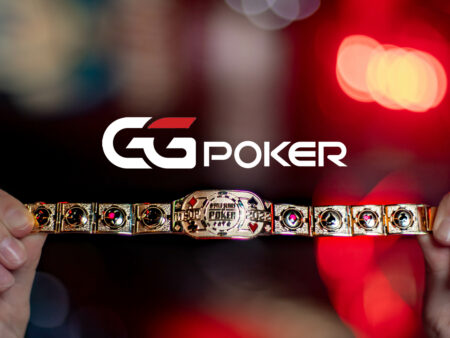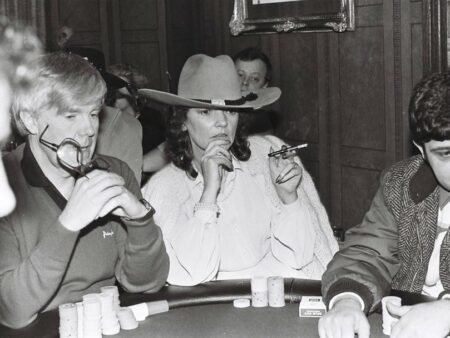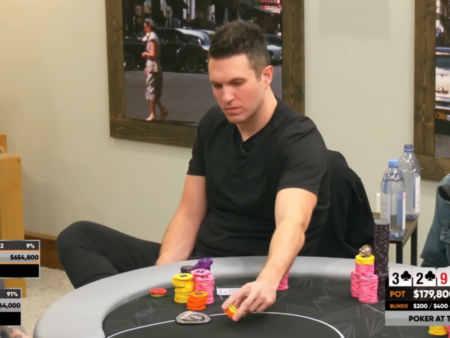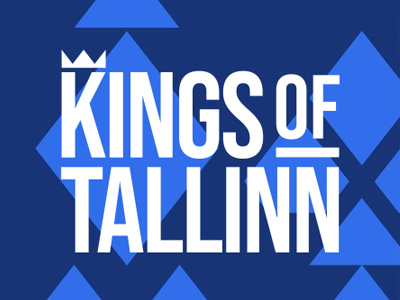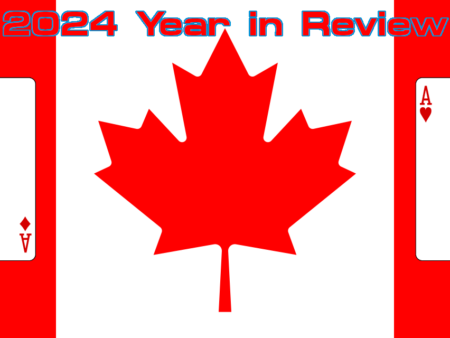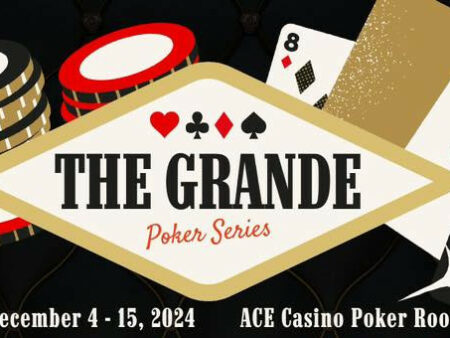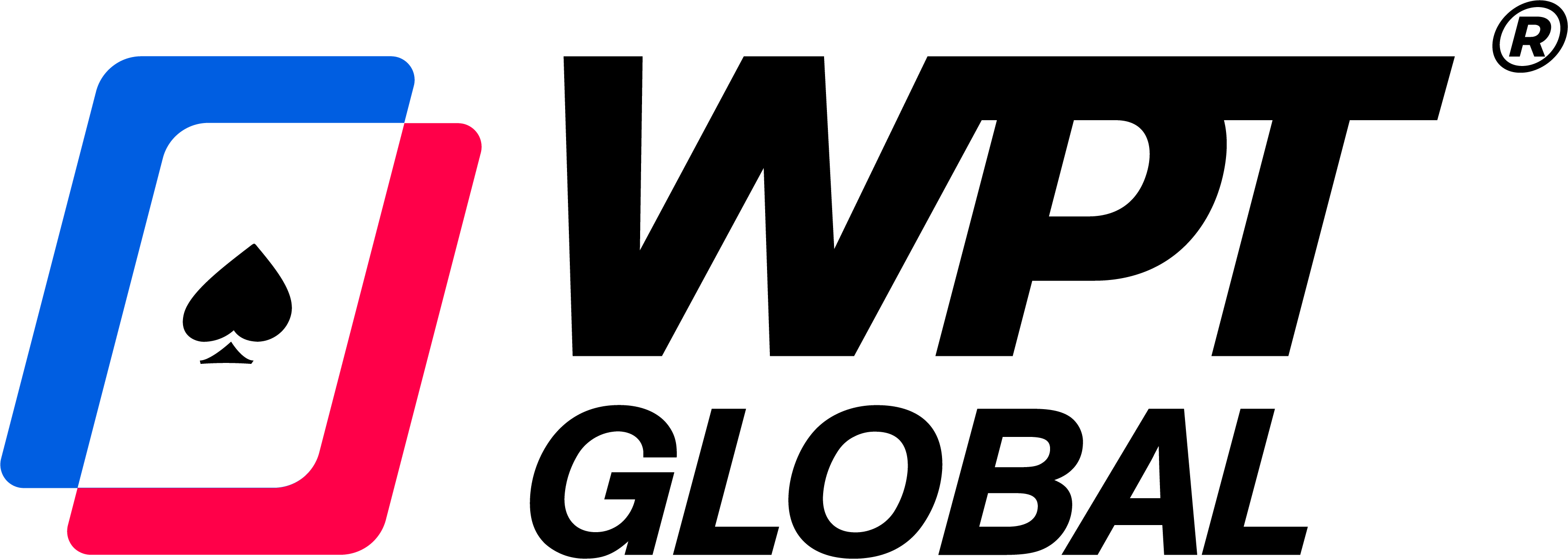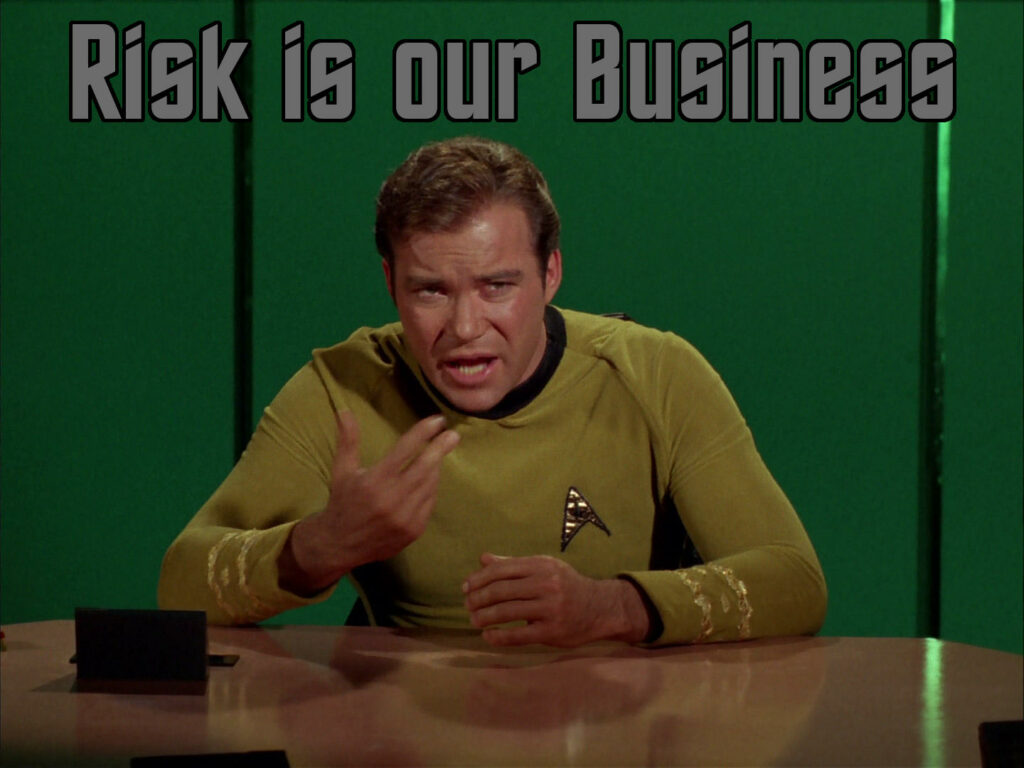
Star Trek fans will recognize that iconic quote from the original series. Uttered by William Shatner’s James Kirk, the line is a reference to the nature of life serving on a starship in the 23rd century.
But for people in the poker industry, it’s not science fiction — it’s a way of life. Risk is LITERALLY our business, in the most granular way possible.
Whether you make your living at the tables, running tournaments, dealing cards, or writing articles, being a part of poker is an inherent risk even before the poker starts. Social, religious, and family pressures create risk for any person eyeing the poker world
That’s before you even sit down at the table. At the tables, of course, poker is all about calculated risk about probable outcomes based on incomplete information. Risk is baked into every action we make in a poker hand — it’s more than the chocolate chips in the cookies, it’s the flour that makes the cookies, the bread, the cake, etc possible at all.
Poker and Life
Calculated risk is part of every action at the poker table and as players, we live and breathe it every second we play. What we often think less about is how this translates back into our larger lives off the tables and away from the casinos and card rooms.
Poker is a great analog to life, though I caution that isn’t a cash game — it’s a tournament with ICM in effect from the very beginning. Understanding the granular risks involved in poker situations can absolutely give insight into how to make decisions in the real world, and poker players are tuned to see that.
We see that granular risk calculations make sense in many situations, and they work to produce better outcomes, or at least the chance for better outcomes based on pot odds. What we are often less aware of, however, are the negative sides of that same positive tendency.
OCD and Poker
Poker must be among the highest-incidence industries for neuro-divergent people. The hyper-focus required to master the skills of the game and conquer the stamina required draws people with obsessive personalities. Those obsessions often serve players very well at the table as we spot patterns others miss.
But off the table, those traits can be problematic, as many of know. The same traits that lead to hyper-focus for successful 18-hour sessions, or a day of solver work, also lead to addictive personalities and risk-seeking behaviour off the tables.
We play poker for the fix. What the fix is may vary slightly from one person to the next, but everyone who buys into a game is looking for their fix. It might be an occasional fix, or might be the daily thing you need, but either way, it scratches an itch that needs scratching.
The Sherlock Holmes 7% Solution
The problem is, we all have other itches, and when we aren’t at the table, we still get itches and we often find dangerous ways to scratch them. Even on the table, the obsession with the game can easily lead to gambling addiction and destroy lives — anyone who has been around the game for more than a minute has witnessed it firsthand. More than that, the casino and home game environment is generally a drunkard’s dream if I ever did see one (or a nightmare, depending).
Even the most dedicated player can’t play 24/7 — they need time away from the tables. Even the most dedicated grinder might find the local cardroom a little boring after 730 consecutive 12-hour sessions. Players, even the die-hard grinders, need a distraction from the game.
The big question is, where do we find that distraction? The sad truth is that the nature of the business we are in — risk baked into every move, compulsive behavior is a job skill — pushes many of us into high-risk activities off the table.
We are vagabonds who travel the world on a whim, living on the couches of people we’ve only met a few times at a tournament. We are thrill-seekers who go sky-diving, hang-gliding, and mountain biking to try to scratch the risk itch.
And, sadly, we are often addicts, who seek a hit from chemical, alcoholic, or botanical sources. People in the poker industry are the perfect storm for dangerous, risky, and addictive behavior.
Sometimes There Isn’t Another Hand
I said above that life is tournament poker and more than that, it’s a classic freezeout — you are one and done in life, with no rebuys. We get some respite from some of our less consequential decisions, but when we go all-in, we are always at risk of losing the hand — on the tables or in life, it’s really hard to have a lock on the hand.
In poker, when we lose to the one-outer, it’s devastating, but there’s always another poker tournament to play. But for life, it’s the only game in town and when you’re done, you’re done. When you make the wrong decision at the wrong time, or the universe just sucks out on you, the game is over.
Recent events in my personal life have got me thinking about both the frailty of life and the industry we exist in. As readers might know, a friend of mine recently died while traveling the world for poker and adventure and while none of this is a direct comment on my friend or his situation, he was like many of us, seeking to take the path less traveled.
While Ryan’s death was a freak accident, I’d be naive not to see the larger connections to the life this industry affords. He lived life on the edge, looking to experience everything he could and, like many of us, his desensitivity to risk from his play at the tables may well have bled into his real life, in spots that created real physical danger for him.
Ultimately, the lifestyle that we lead put my friend in a hand and the universe sucked out on him. He gets no rebuys, just like the rest of us. But perhaps his death can serve to remind us that while risk very much IS our business, the consequences of calculated risks on the tables are very different from risks in the real world.
We all crave risk — it’s what keeps us in the game and the industry. I’ll never tell poker players to take the more cautious option — that’s not how we’re built — but just remember that on the tables, the pots are just money, and there’s always another hand or another game.
Life plays for higher stakes – in some hands we are literally all in and the stakes are life and death. Many times, we won’t even know we are playing for the highest stakes until it’s too late.
We are going to take risks as poker players, on and off the tables — it’s what we do. But going forward, I’m going to be thinking a little bit more about the table stakes I’m playing in certain situations, and maybe, when my whole stack looks to be at risk, I might take the lower-variance path. There are no rebuys for this game. RIP Ryan.
